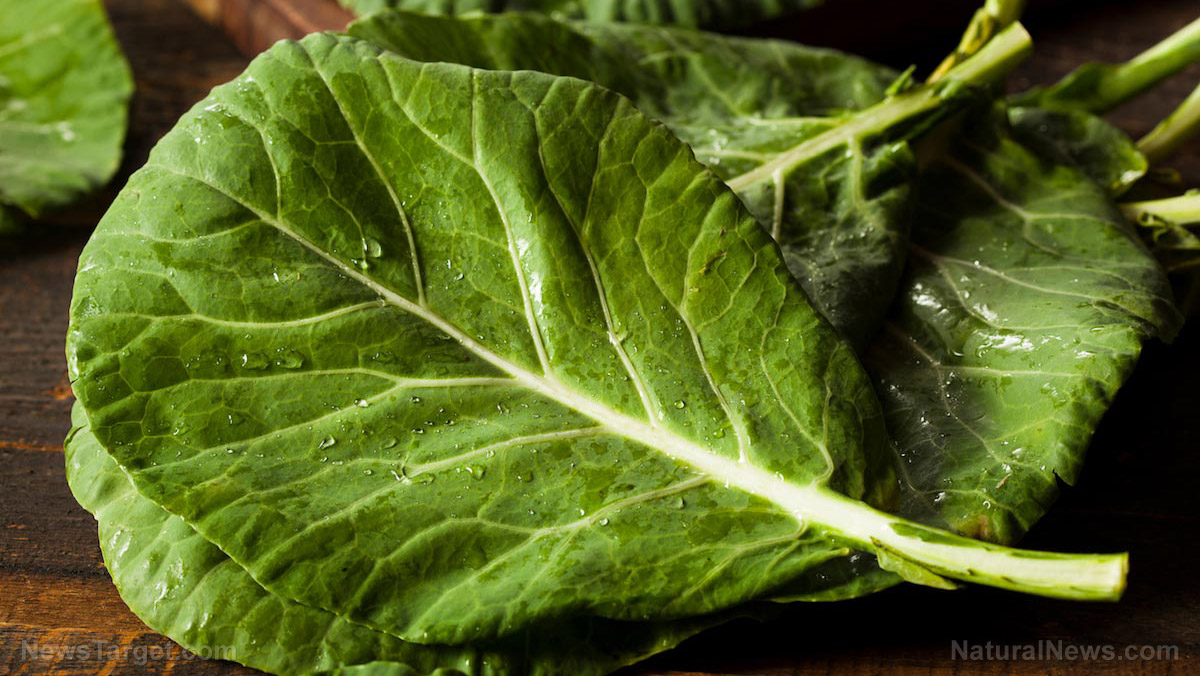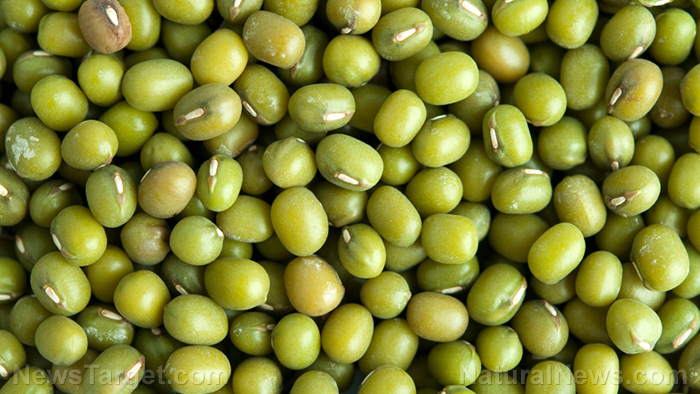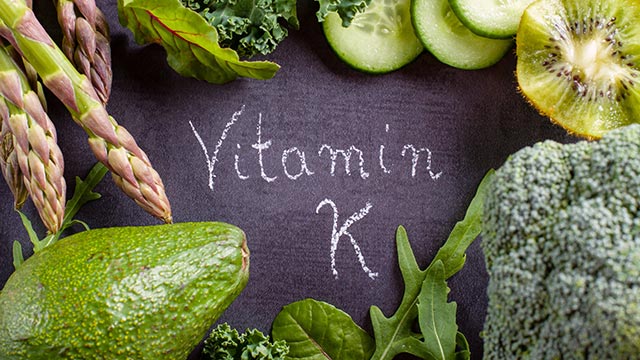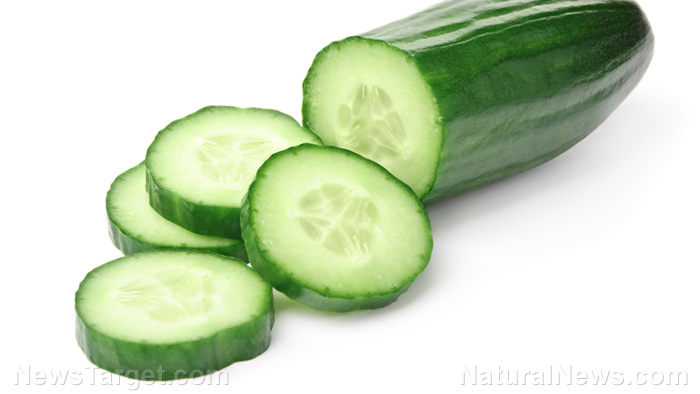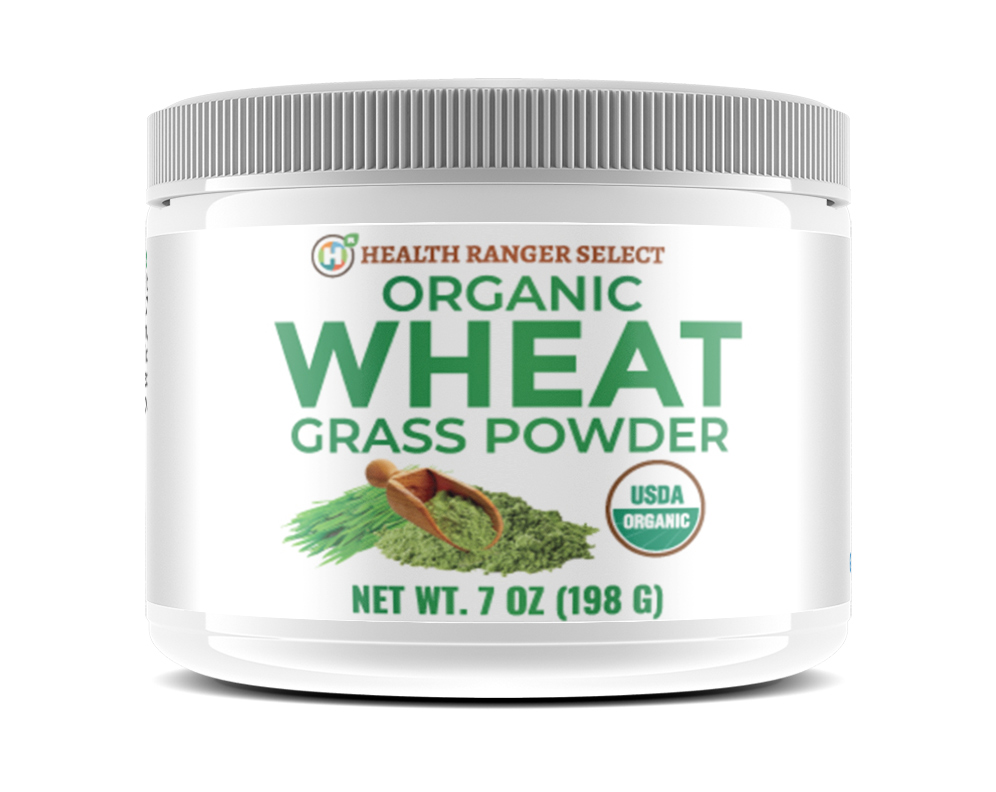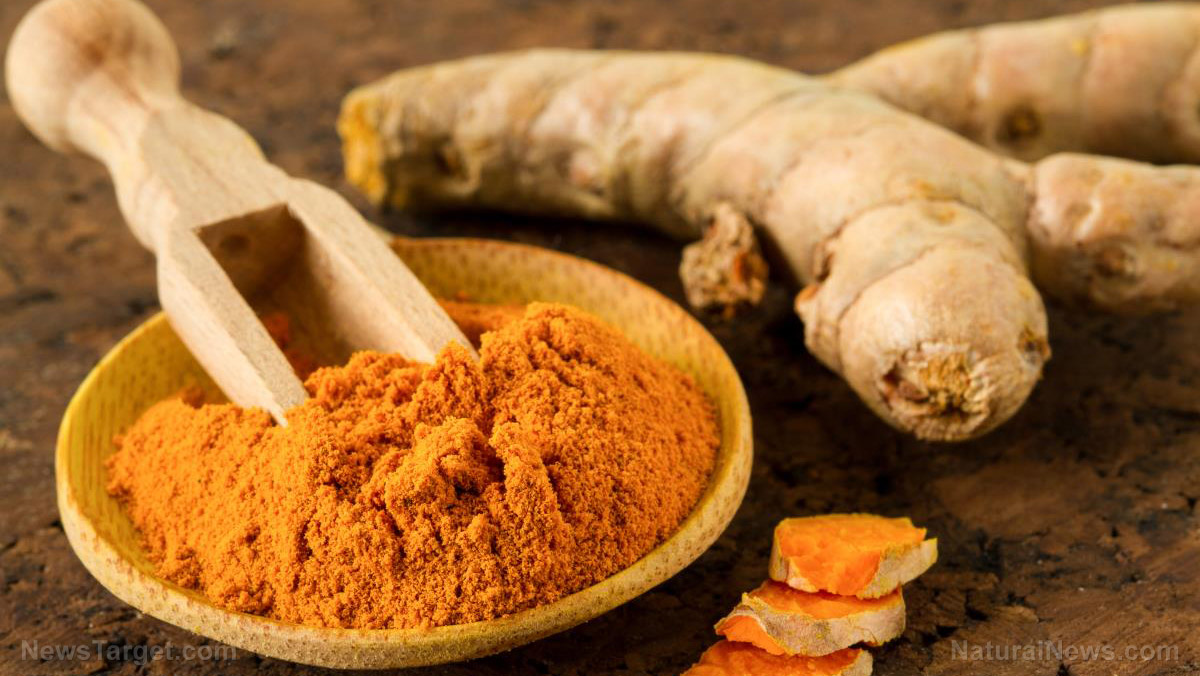Happy news: Curcumin outperforms prozac for reducing symptoms of depression
01/22/2019 / By Isabelle Z.
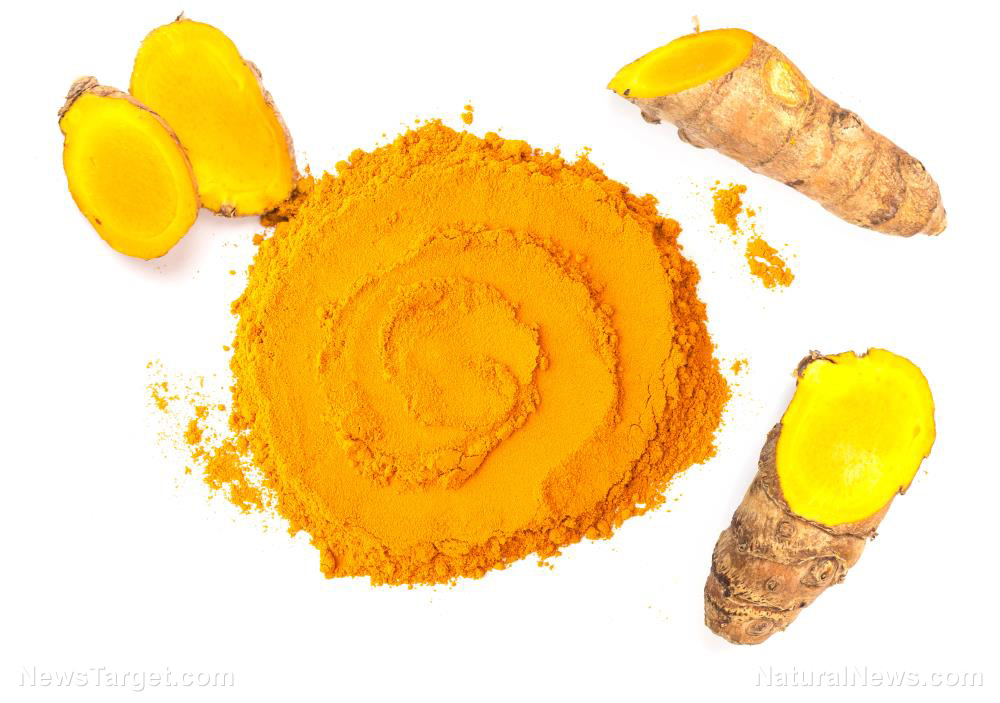
Depression has become an all too common condition in recent times. Despite its prevalence, however, pharmaceutical companies have failed to come up with a safe and effective way to address it. Lots of people think they either have to live with their negative feelings or accept the possibly deadly side effects that come with antidepressant use, but there are some natural remedies that can be surprisingly effective – and one of the best may prove to be curcumin.
A compound in the turmeric spice, curcumin is a bit of an overachiever in the health realm, grabbing headlines for its benefits in fighting everything from cancer to memory to arthritis. However, for many people, one of its most exciting benefits is its power to help fight depression.
A study published in Phytotherapy Research found that it works surprisingly well compared to Prozac when it comes to reducing depression symptoms. In that study, patients who had been diagnosed with major depressive disorder were given a six-week course of treatment of 20 milligrams of fluoxetine, the main ingredient in Prozac; 1,000 milligrams of curcumin; a combination of both; or a placebo.
The patients were then evaluated using the 17-item Hamilton Depression Rating Scale, and the researchers found that the combination group performed better than the group of fluoxetine alone. While curcumin and fluoxetine worked equally well on their own, curcumin does not have the side effect of suicidal ideation or other toxic side effects, making it a clear winner.
Those who opt for Prozac could experience problems like dizziness, vomiting, tremors, anxiety, weakness, blood pressure changes, heart rate issues, weight gain, and suicidal thoughts. As bad as depression is to experience, many of these side effects are even worse – not to mention the fact that many mass shooting perpetrators were later found to have had antidepressants in their system at the time of their killing spree.
Getting more turmeric
If you’d like to try to increase your turmeric intake, you can look for organic turmeric root at your local farmer’s market or grocery store; it looks similar to ginger root and is from the same family. Alternatively, you can buy it in powder form, but seek dependable sources to avoid contamination.
Adding turmeric to meals is easy, and there are many different approaches you can try. Most people immediately think of curry, and while this is indeed a classic way to consume turmeric, you can easily sprinkle it on any meat, fish, salad, or even your cereal or granola. Some people like it sprinkled on eggs; others mix it into coffee or tea.
It’s easy to disguise in a smoothie, and you can also take the opportunity to give yourself a nutrient boost by adding depression-fighting antioxidants from foods like blueberries. One of the most traditional ways to consume turmeric, however, is by mixing it with warm milk to create a “golden milk.” Whatever route you take, be sure to include a pinch of black pepper to increase its bioavailability.
The American Psychological Association reports that 12.7 percent of Americans took an antidepressant during the past month, with the percentage of people who use the drugs skyrocketing by 64 percent between 1999 and 2014. Hopefully, as more people become aware that safe and effective depression remedies exist, we’ll see fewer people subjecting themselves to the scary side effects of antidepressants.
Read BeatDepression.news for more coverage of natural solutions for depression.
Sources for this article include:
Tagged Under: alternative medicine, Antidepressants, beat depression, brain health, curcumin, depression, fluoxetine, grocery cures, mental, mental health, mind body science, natural cures, natural remedies, Naturopathy, Prozac, remedies, research, turmeric

